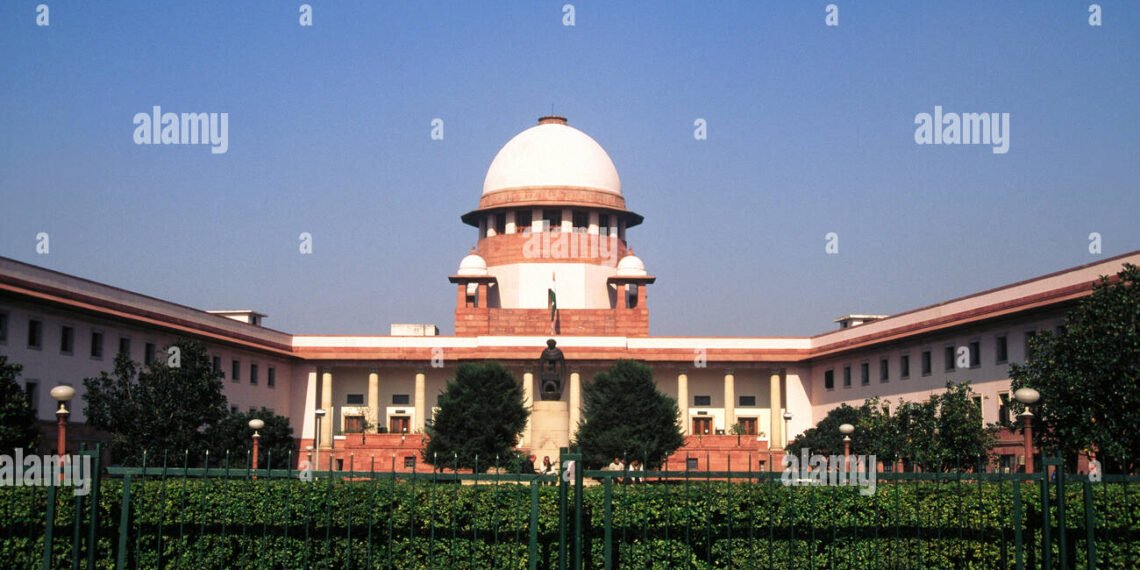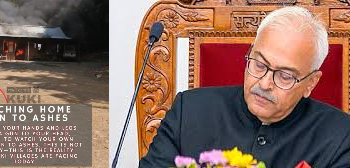The Wire challenges summons in a criminal defamation case over its report on a controversial JNU dossier. India remains one of the few democracies where defamation is criminal, unlike most countries offering only civil remedies.
BY PC Bureau
September 22: The Supreme Court on Monday observed that the time has come to decriminalize defamation, hinting at a potential shift in the legal treatment of the offence.
The remark was made by a Bench comprising Justice MM Sundresh and Justice Satish Chandra Sharma while hearing a petition challenging the summons issued to the online news portal The Wire in connection with a defamation case filed by Professor Amita Singh of Jawaharlal Nehru University (JNU).
The Court issued a notice to Singh following a plea by the Foundation for Independent Journalism, which runs The Wire. “I think the time has come to decriminalize all this…,” Justice Sundresh observed. Senior Advocate Kapil Sibal, appearing for the portal, concurred with the Court’s view.
READ: At Least 30 Civilians Killed in Pakistan Airstrikes on Khyber Pakhtunkhwa
Currently, Section 356 of the Bharatiya Nyaya Sanhita criminalises defamation, replacing the earlier Section 499 of the Indian Penal Code (IPC). India remains one of the few democracies where defamation is treated as a criminal offence, while most countries provide only civil remedies.
While hearing a petition challenging the summons issued to the online news portal – The Wire in connection with a defamation case filed by professor of Jawaharlal Nehru University, the Supreme Court on Sept 22 remarked that the time has come to decriminalize the offence of… pic.twitter.com/Qez5wqoJ2Z
— Bar and Bench (@barandbench) September 22, 2025
The Supreme Court had earlier, in 2016, upheld the validity of Section 499 IPC after challenges to its constitutionality by politicians including Subramanian Swamy, Rahul Gandhi, and Arvind Kejriwal.
The present case relates to a The Wire report alleging that Professor Amita Singh led a group of JNU teachers who compiled a 200-page dossier labeling JNU a “den of organised sex racket.” The dossier, reportedly titled ‘Jawaharlal Nehru University: The Den of Secessionism and Terrorism’, accused certain teachers of fostering a decadent culture by legitimizing separatist movements. Singh was identified as heading the group behind the dossier.
READ: Analysis: PK’s Name-and-Shame Leaves Bihar NDA Reeling
Following the report, Singh filed a criminal defamation case against The Wire and its reporter in 2016. A magistrate initially issued summons in February 2017, which the Supreme Court set aside last year, directing the magistrate to reconsider after reviewing the news article.
In January 2025, the magistrate reissued summons to the portal and its political affairs editor, Ajoy Ashirwad Mahaprashasta. The Delhi High Court upheld the summons on May 7, prompting the current challenge before the apex court.
At the hearing, the Supreme Court questioned the prolonged pendency of the matter. “How long will you go on dragging this?” it remarked. Sibal noted that a similar matter involving Rahul Gandhi is under consideration. The Court then issued notice in the present case.













